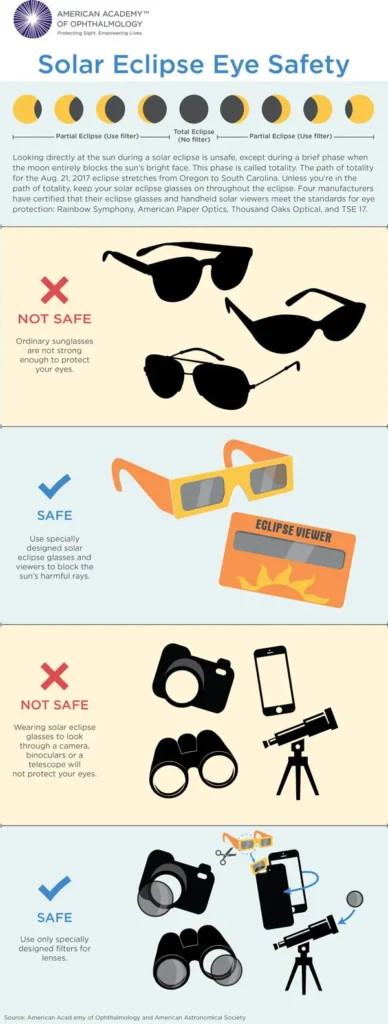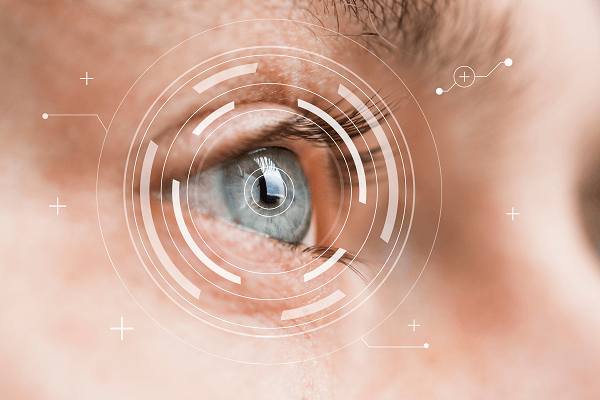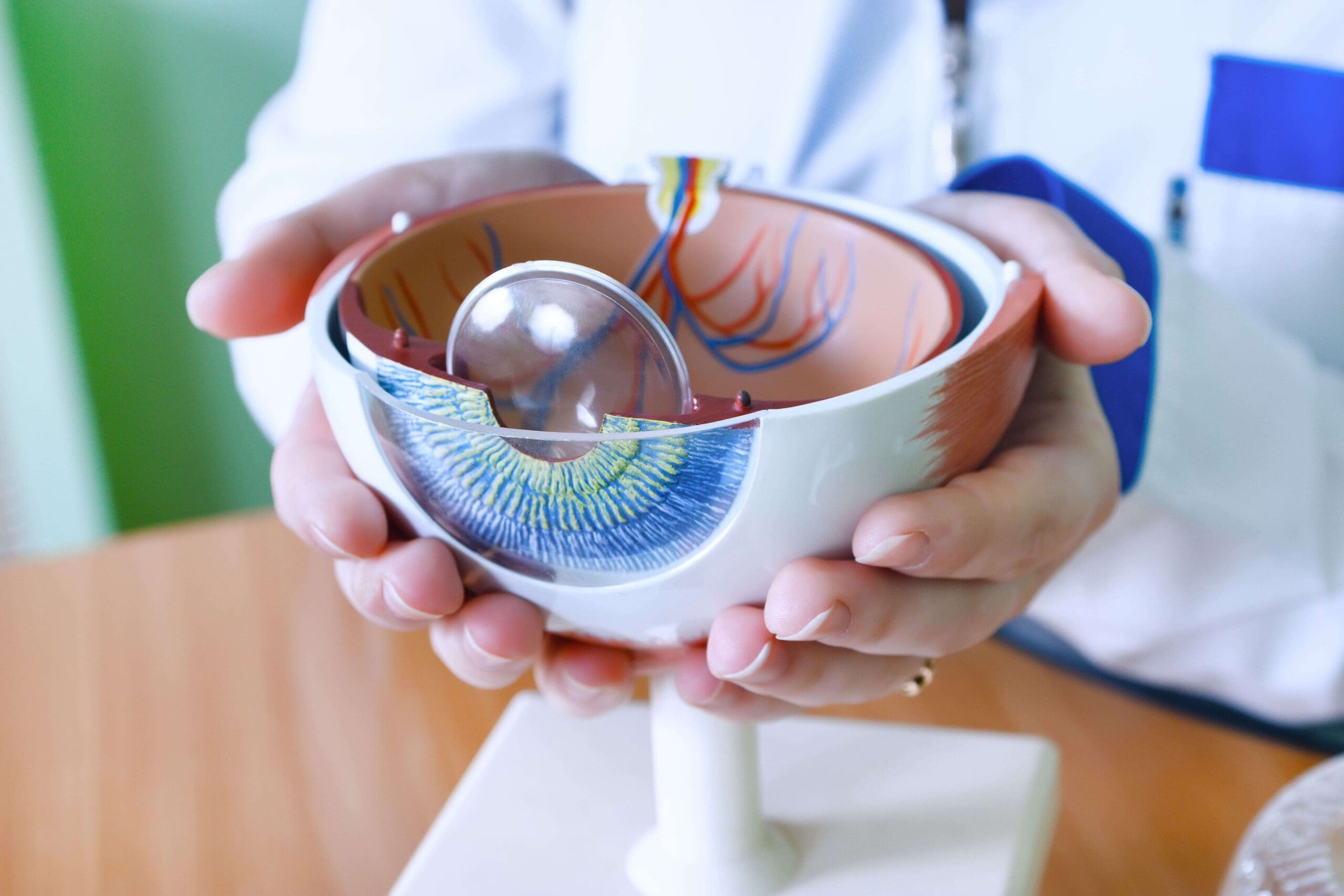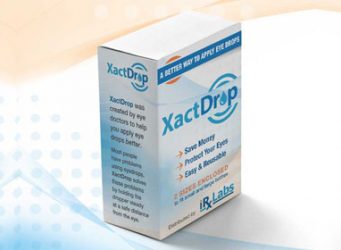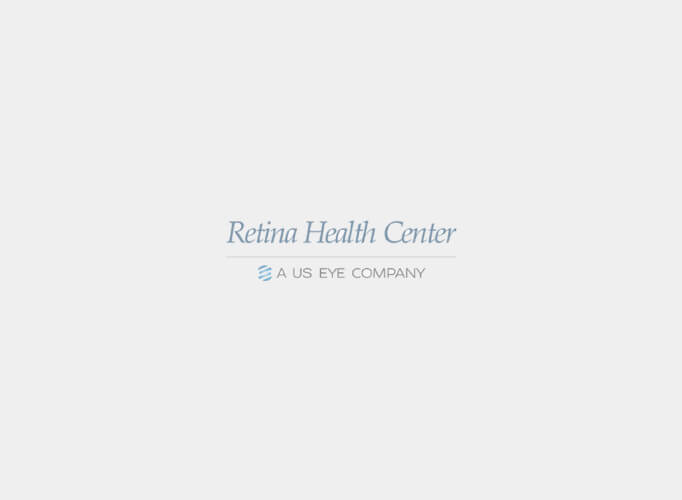As the date of the upcoming solar eclipse draws near, the Retina Health Center team would like to underscore the paramount importance of safeguarding your vision during this rare celestial event. While witnessing a solar eclipse can be an awe-inspiring experience, it is imperative to prioritize ocular safety to prevent potential harm to your eyesight.
A primary concern for ophthalmologist and retina specialists are the effects an eclipse can have on your eyes, potentially causing solar retinopathy. Solar retinopathy occurs when the sun’s harmful ultraviolet (UV) radiation damages the retina—a delicate tissue lining the back of the eye responsible for capturing light and sending visual signals to the brain. Directly staring at the sun, especially during an eclipse, can lead to irreversible damage to the retina, causing symptoms such as blurry vision, distorted vision, or even permanent vision loss.
Be sure to use the following to tips to safely view the upcoming April 8th solar eclipse.
Utilize Certified Solar Eclipse Glasses: Foremost among our recommendations is the utilization of certified solar eclipse glasses. These specialized eyewear options adhere to international safety standards for solar filters (ISO 12312-2), meticulously engineered to filter out harmful ultraviolet, visible, and infrared radiation. It is imperative to note that conventional sunglasses do not offer adequate protection for solar eclipse viewing.
Avoid Improvised Filtering Methods: Our practice adamantly advises against the use of improvised filtering methods, such as smoked glass or CDs, for viewing the solar eclipse. These makeshift solutions lack the requisite capacity to provide comprehensive shielding against the sun’s detrimental rays. Instead use certified solar eclipse glasses or consider utilizing pinhole projectors or solar viewing binoculars as viable alternatives.
Moderate Direct Sun Exposure: Despite the utilization of certified solar eclipse glasses, moderation in direct sun exposure remains prudent. Extended periods of solar observation, even with protective eyewear, may induce ocular strain and heighten the risk of ocular damage. Remember to intersperse viewing sessions with intervals of rest to mitigate potential ocular fatigue.
Promptly Address Ocular Symptoms: Lastly, we underscore the importance of promptly addressing any ocular symptoms that may arise during or subsequent to eclipse viewing. Discomfort, visual disturbances, or any other abnormal ocular sensations warrant immediate medical attention.
The Retina health Center team would like to encourage everyone to prioritize ocular safety during the upcoming solar eclipse. By adhering to these recommendations, you can revel in the celestial splendor while safeguarding the precious gift of sight.
